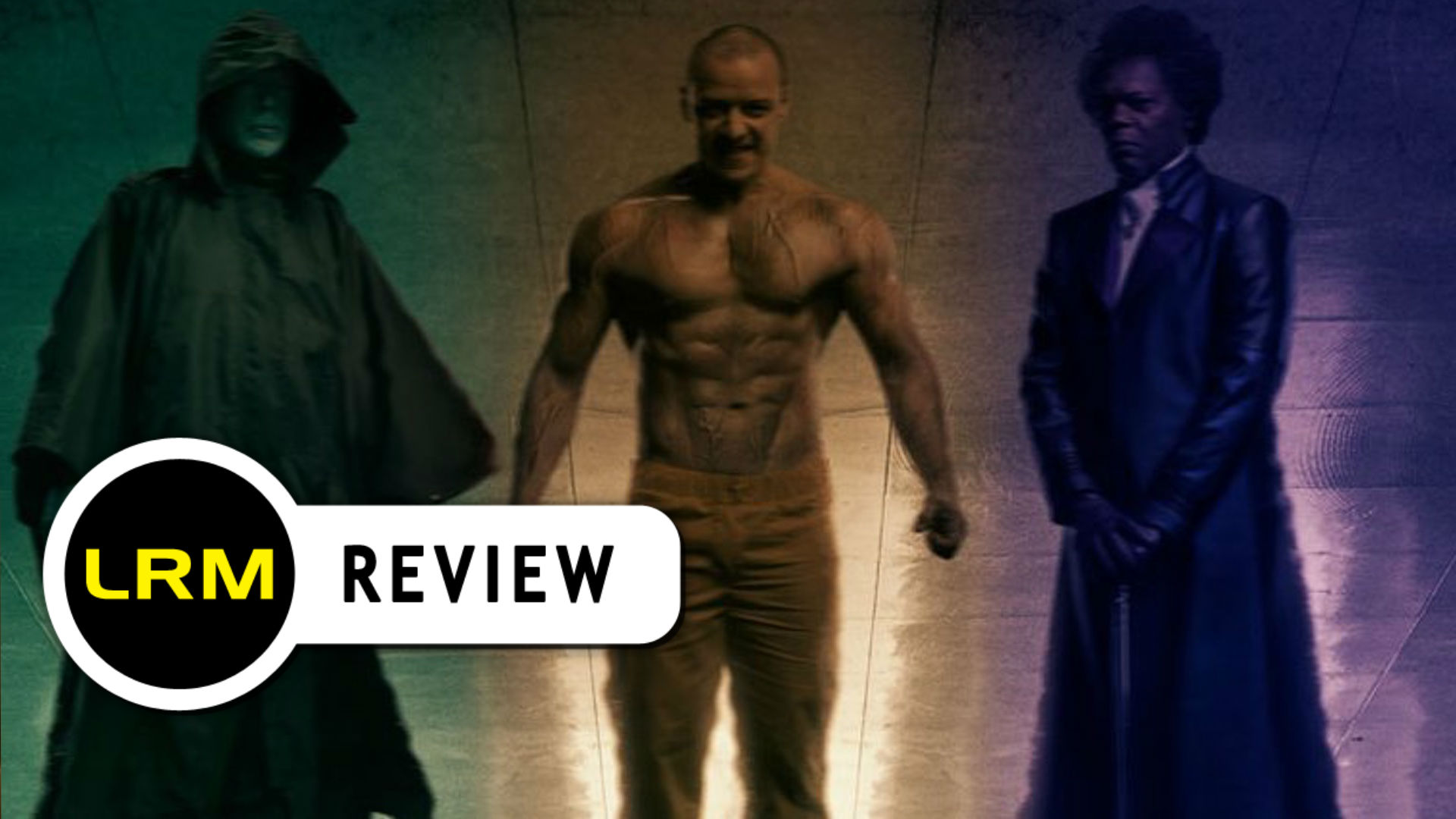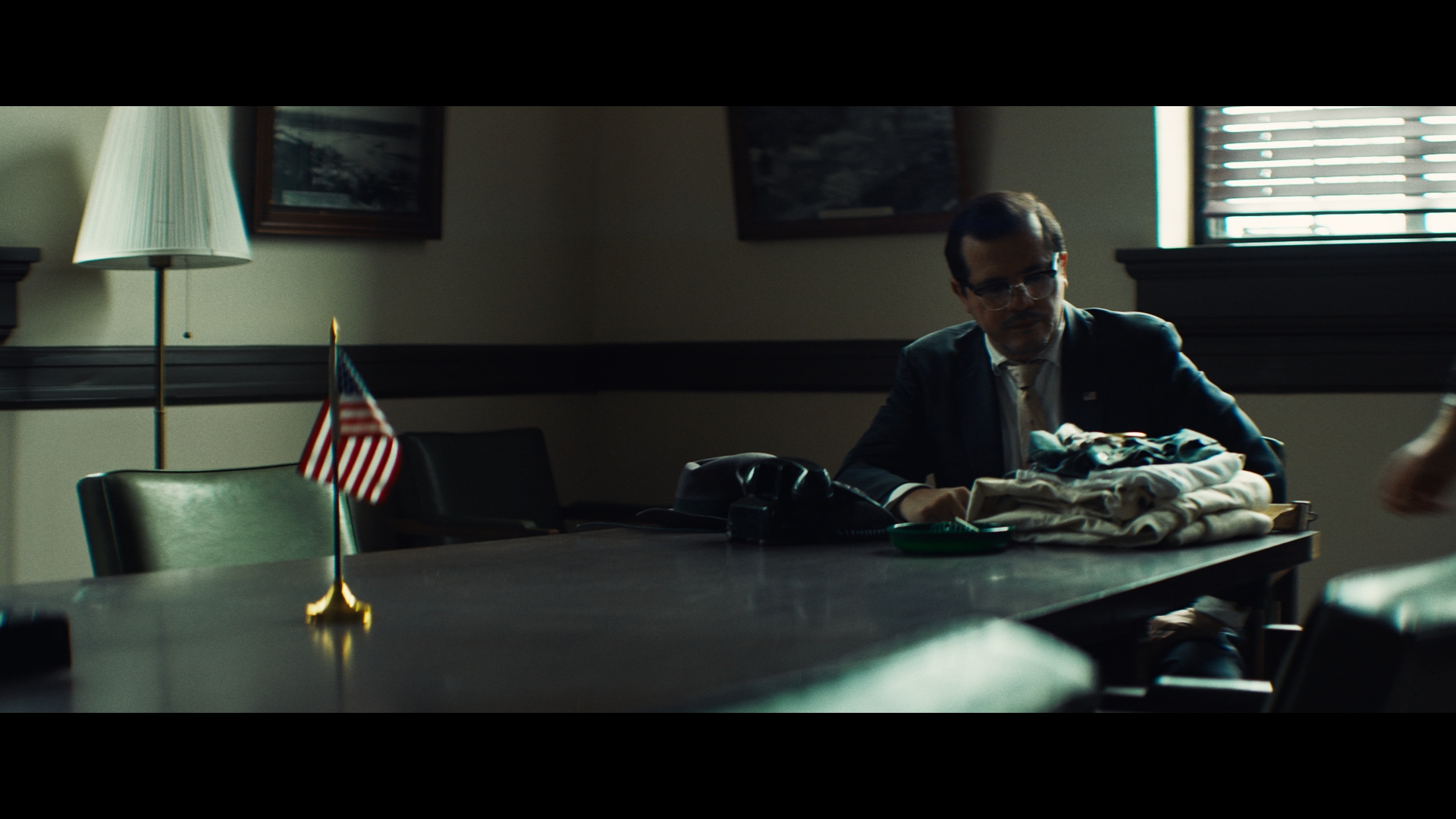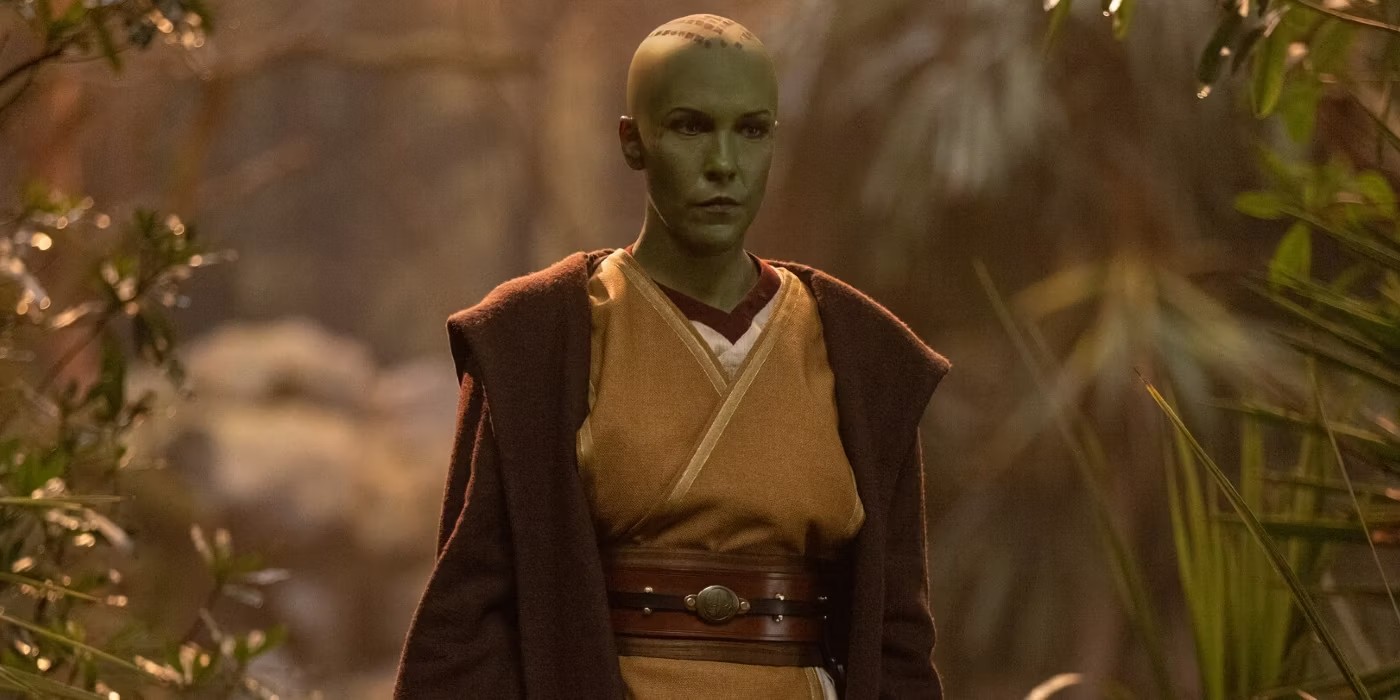Glass is the story of three individuals with seemingly remarkable abilities and powers: David Dunn (Bruce Willis), a man who survived a horrific train derailment nearly two decades prior leading to his discovery that he has incredible strength, does not injure easily, and is weakened by water. Elijah Price, aka Mr. Glass (Samuel L. Jackson), a super-intelligent sociopath with brittle bones who set Dunn on his path by orchestrating the crash. And Kevin Wendell Crumb (James McAvoy), a person suffering from dissociative identity disorder, where 25 personalities compete for control of the host’s body, including “The Beast,” an animal-like persona with ferocious and violent tendencies.
In Glass, Dunn—with the help of his son Joseph (Spencer Treat Clark)—has embraced his status as a local vigilante for justice in Philadelphia whose citizens have dubbed him The Overseer. He hunts The Beast, especially after becoming aware of his kidnapping of four cheerleaders who will serve as his meal. Successful, the two battle violently before being interrupted by local police and psychiatrist Dr. Ellie Staple (Sarah Paulson). Staple firmly believes that the abilities of The Overseer, The Beast, and others are simply delusions of grandeur fabricated within each of their minds. Desperate to prove her theory, she locks up Dunn and Crumb in a mental institution where she’s also been keeping Glass.
RELATED: Glass: New Clip Shows Mr. Glass Teaming Up With The Beast
In terms of appeal, Glass will be divisive and dependent upon where audiences fall within a genre-oriented Venn diagram, and that context is important when considering the remainder of this review. First, Glass is a direct sequel to Split, and a less-direct sequel to Unbreakable. Watchers less familiar with those films will likely be lost in understanding the events of Glass as writer/director M. Night Shyamalan spends little time on exposition or catching people up. Next, Shyamalan’s both loves and wants to subvert the deluge of superhero films. This is not unusual for the filmmaker, as one needs to quickly scan his resume to see countless movies that have attempted to toy with assumptions to provide a new perspective on a concept or paradigm.
What works in Glass is James McAvoy, well-constructed action sequences, and closure. The latter two, however, will be under scrupulous debate depending on personal preference. As Crumb, McAvoy is impressive and magnetic. Watching him cycle through multiple personalities in a single take is mesmerizing as his entire composure changes like a magic trick. It won’t take long for audiences to know with whom they are suddenly interacting with just due to McAvoy’s eyes or the way he holds his hands. Shyamalan has clearly worked with McAvoy to create several distinct and complex individuals that feel robust even within the very limited amount of time spent with each of them.
While McAvoy is a clear delight, Glass takes some risks that some may not appreciate. Shyamalan has always leveraged what is not seen as a method to convey the disposition of a scene. Glass is no different. Sound is a critical element throughout the film, especially during fight sequences where audiences are often given a sense of the brutality through the crunching of bones being pulverized against stone and steel. Shyamalan even goes so far to obscure or blur the choreography, accentuating how a secondary character is likely processing the chaos around them. There’s an argument to be made that Shyamalan is being cheap by moving away from the action during the “good parts” and relies too much on close-ups. The counter to this is that Shyamalan seems far more interested in crafting a multifaceted character study rather than an action film.
Unbreakable became a cult classic after its release, with many clamoring for a sequel. Split wasn’t so much that, but rather a chapter in the same shared universe. Glass without question concludes those two stories, but the ending will surely infuriate some while getting nods of approval from others. For a movie that markets itself as a “grounded” comic-book film, Shyamalan requests several moments of suspended belief, and it’s difficult to ascertain if he his adhering to his own rules at times. Like all of his films, Shyamalan has strong reason and purpose to his narratives, and thus the enjoyment of this newest ride will depend largely on the level of appreciation an audience member has for the not-so-subtle messages the writer/director wishes to share—they are both unique and familiar, which is an intriguing proposition. Those expecting a stereotype hero v. villain romp with Willis squaring off against McAvoy and Jackson will likely be disappointed. But, for better or worse, Shyamalan finishes what he started. Satisfaction with the conclusion will depend largely on expectations.
Glass is an interesting, thoughtful film about comic-book culture and perceptions of what makes an individual different and/or special. It’s not heavy, but it is atypical and that may be a detractor for watchers hoping for more popcorn munching during the experience. However, for those who truly enjoyed the mythos of Unbreakable and Split, Glass is a necessary watch.
Recommended if you enjoyed: Unbreakable, Split, The Village
Final Grade: B+
Don’t forget to share this post on your Facebook wall and with your Twitter followers! Just hit the buttons on the top of this page.

 FOR FANBOYS, BY FANBOYS
Have you checked out LRM Online’s official podcasts and videos on The Genreverse Podcast Network? Available on YouTube and all your favorite podcast apps, This multimedia empire includes The Daily CoG, Breaking Geek Radio: The Podcast, GeekScholars Movie News, Anime-Versal Review Podcast, and our Star Wars dedicated podcast The Cantina. Check it out by listening on all your favorite podcast apps, or watching on YouTube!
Subscribe on: Apple Podcasts | Spotify | SoundCloud | Stitcher | Google Play
FOR FANBOYS, BY FANBOYS
Have you checked out LRM Online’s official podcasts and videos on The Genreverse Podcast Network? Available on YouTube and all your favorite podcast apps, This multimedia empire includes The Daily CoG, Breaking Geek Radio: The Podcast, GeekScholars Movie News, Anime-Versal Review Podcast, and our Star Wars dedicated podcast The Cantina. Check it out by listening on all your favorite podcast apps, or watching on YouTube!
Subscribe on: Apple Podcasts | Spotify | SoundCloud | Stitcher | Google Play





